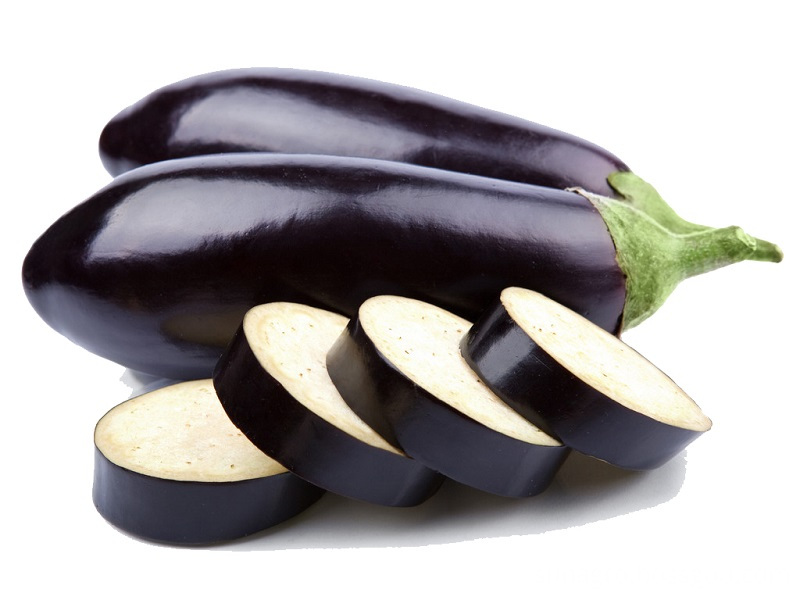Planting melons or solanaceous vegetables often encounters small fruit problems. There are many reasons for this problem. Variety factors, lack of light, improper fertilization, heavy mashing, excessive inhibitors, and phytotoxicity all contribute to the small fruit size, but common causes are abnormal temperature, too small ratio of fruits to leaves, and excessive application of chemical fertilizers. . Abnormal temperature Improper temperature management often causes poor flower bud differentiation, resulting in small melons. A low temperature causes poor flower bud differentiation in tomato and the like, resulting in a smaller flower. Small flowers and small fruit, resulting in reduced yield. The flower at the front of the ear of the tomato flower is the most affected, and the fruit is often a small or stale fruit. High temperature, strong plant respiration, consumption of photosynthetic products, will make the fruit nutrient supply is insufficient, fruit growth is slow, resulting in small melon small fruit. High temperatures will also make vegetables grow and prosper, and even grow long, and reproductive growth will weaken, resulting in slower fruit growth and difficulty in forming large fruits and vegetables. Therefore, attention should be paid to the influence of temperature on the fruit and regulate the temperature of the greenhouse. Only when the temperature is suitable, the greenhouse vegetables can produce high yields. Leaf fruit ratio is too small Too much victimization or removal of leaves is a common cause for the production of small melons. The leaves are the main parts of vegetables for photosynthesis and nutrient delivery to the fruits. If the leaves are damaged due to pests or diseases, or if the leaves are removed too early by people, the photosynthetic products transferred to the fruits will inevitably decrease, which will seriously affect the enlargement of the fruits. , so that the melon small fruit, the output decreased. This requires that the melon or solanaceous vegetables have a suitable leaf to fruit ratio. If there are few leaves and there are many fruits, the leaf-fruit ratio is small, and the average number of leaves around each fruit is small, and the photosynthetic product that naturally conveys to the fruit is small, and it is impossible to produce large fruits and large fruits. To increase the leaf-fruit ratio, we must protect the leaves and maintain a high leaf-fruit ratio. For example, when cucumbers have about 20 leaves on a branch about 2 meters, 3 cucumber slices can be preserved, and the leaf-fruit ratio is 20:3, which is approximately 6:1. On the tomato, the three large leaves under each flower spike supply the upper one fruit, if it is a large fruit, leaving four fruits per panicle, the leaf-fruit ratio is 3:4. From the opposite point of view, if the number of leaves is not changed, the number of fruits through the thinning and thinning of fruit can be reduced and the ratio of leaf to fruit can be increased, which is also a good method for increasing the size of the fruit. The vegetable growers all attach great importance to thinning and fruit thinning. If the thinning fruits and vegetables work well, they will maintain a high leaf-fruit ratio, and the fruits will be large and of good quality. The ratio of leaf to fruit of cucumber and tomato mentioned above is the ratio of leaf to fruit commonly used by experts in vegetable farmers. Sparse fruit thinning is the key to high efficiency. It is simply referred to as “reducing the number of fruits and vegetables and increasing the size of fruits and vegetablesâ€. Severe pests and diseases, damaged leaves, or artificially blind to the leaves, will destroy the normal leaf-fruit ratio, a small fruit is a foregone conclusion. In some places, the tomato is not colored, and the vegetable farmer leaves the leaves under the fruit to be completely polished. It is difficult to grow the fruit and the root is difficult to raise. It is the biggest mistake, and it is also an important reason for the small fruit. Excessive application of fertilizer Excessive application of chemical fertilizers often causes soil salinization, which is one of the reasons for the smaller fruit. Excessive application of chemical fertilizers often causes soil salinization. At present, the chemical fertilizer application rate in most greenhouses exceeds the boundary. In some vegetable greenhouses with excessive fertilizer application, the concentration of soil solution has increased year by year. According to statistics, in the past eight years, soil salt content in greenhouse vegetable lands has increased by 75%. At this rate, at these rates, these shed lands will no longer be available for another eight years. Kinds of vegetables. Salinization of soil will impede the absorption of water by the plants and cause the lack of water in the vegetables. As a result, the water supplied to the fruits will inevitably be insufficient, and the fruits will be difficult to inflate. In saline-alkali land, the fruits of melons and solanaceous vegetables grow smaller, which is a strong proof. Excessive application of fertilizers in vegetable fields is essentially an increase in salt and alkali. Therefore, these vegetable plots can only produce small fruits and small fruits. Planting vegetable greenhouses should be alert to the problem of over-application of chemical fertilizers. We must change the habit of applying a large amount of chemical fertilizers to farmer-based fertilizers. Combining deep-rooting, irrigation and salt washing, and suppression of salt-alkali hazards will naturally increase the production of fruits and vegetables. .
Product classification of green vegetables;We are from jining city, shandong province macro mountain trading co., LTD is a supplier/factory of professional manufacturers, the wholesale high quality fresh green vegetables, fresh carrots, Fresh Potato, eggplant, fresh Fresh Cabbage, fresh broccoli, green pollution-free security, high quality, nutritious vegetables research and development and manufacturing, we have a perfect after-sales service and technical support.Looking forward to your cooperation!
Green Vegetables,Organic Green Vegetables,Green Fresh Vegetables,Green Healthy Vegetables Jining Sunagro Trade Co., Ltd. , https://www.sunagro-food.com